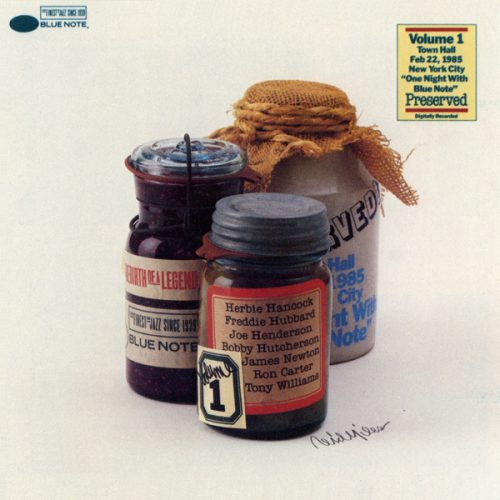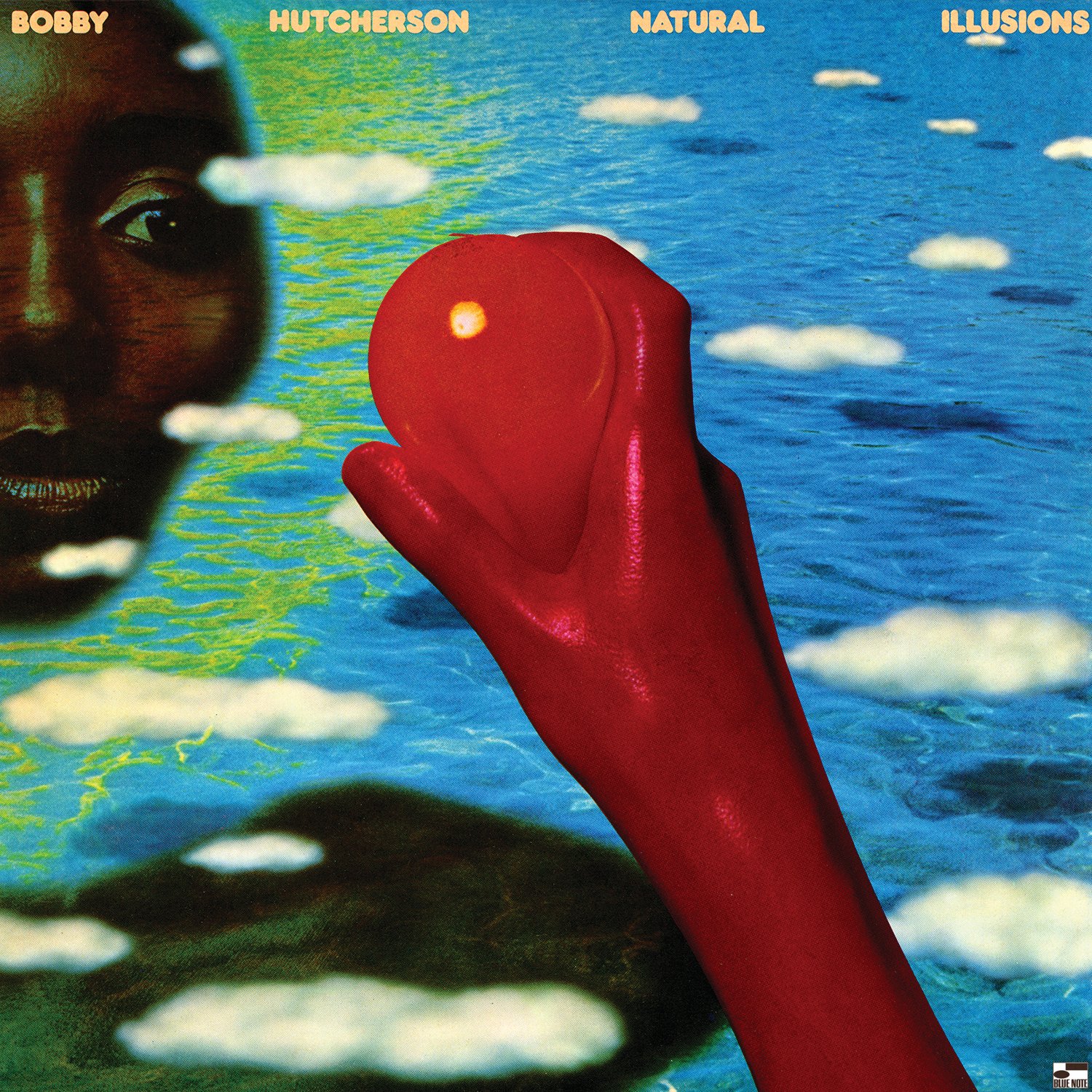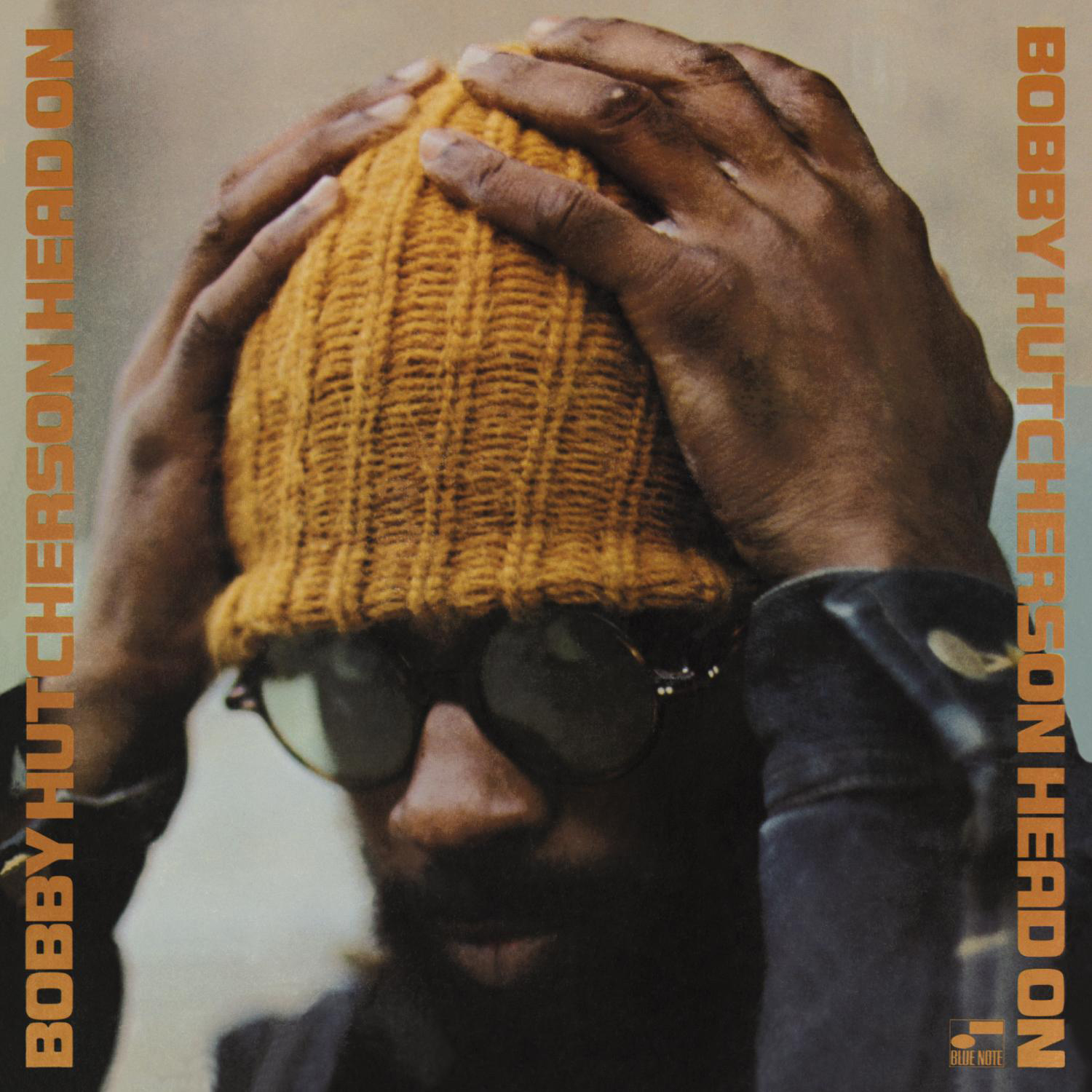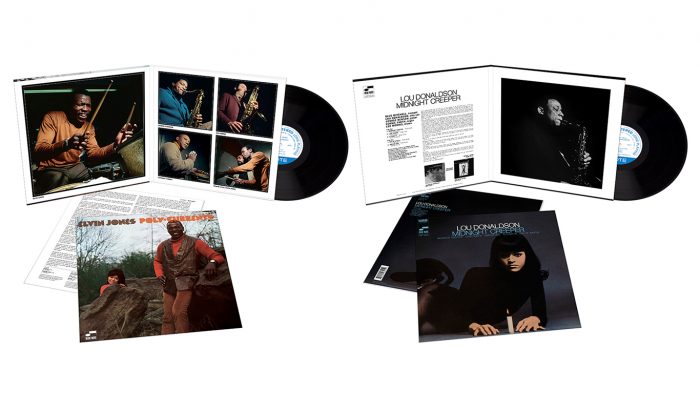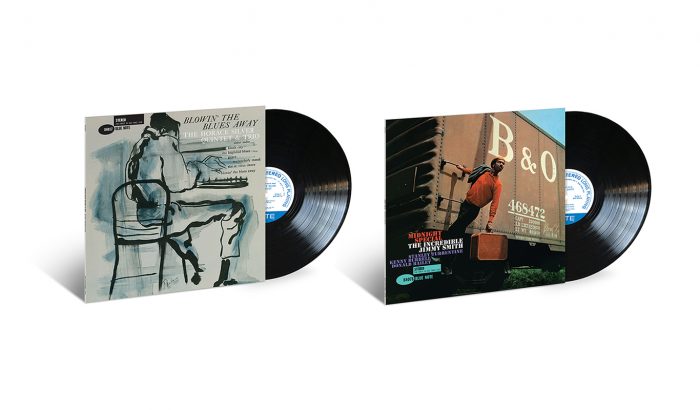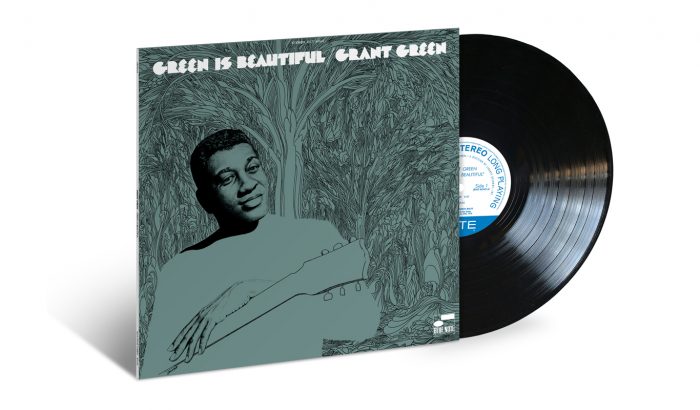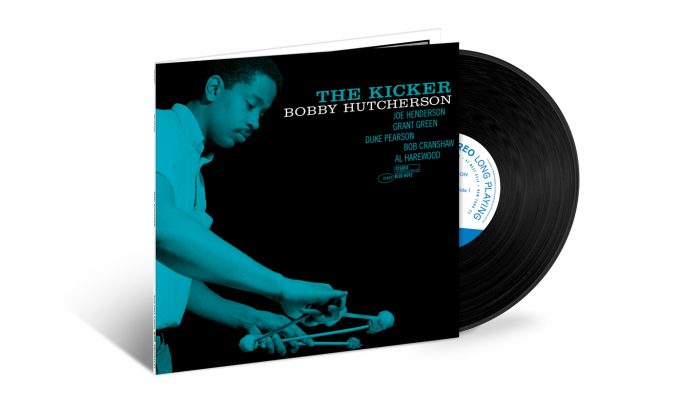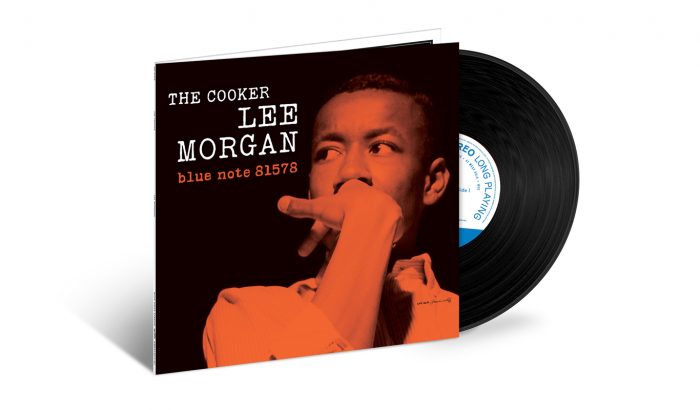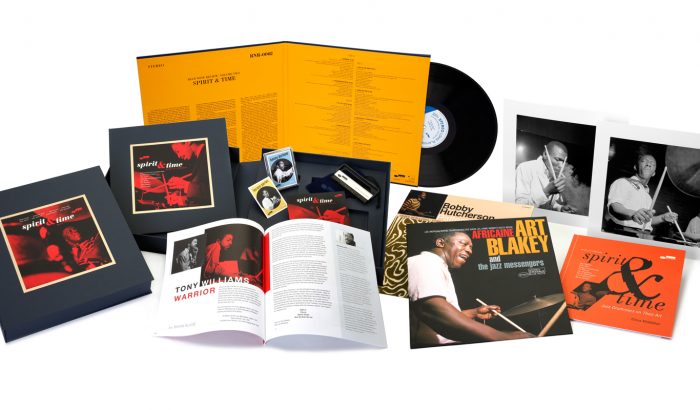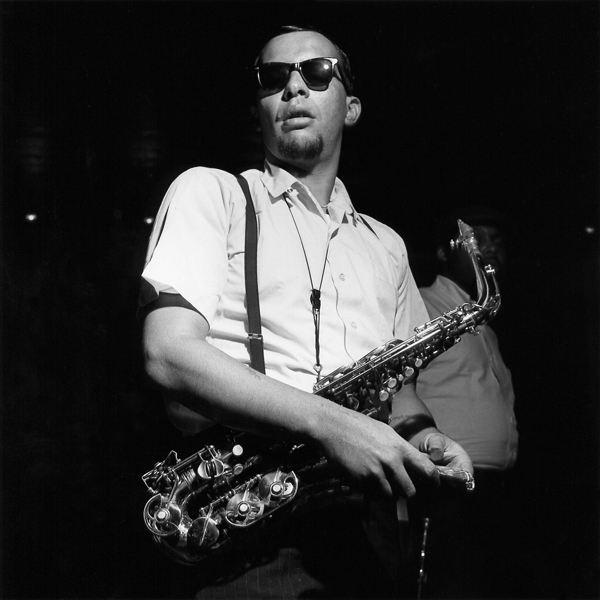Easily one of jazz’s greatest vibraphonists, Bobby Hutcherson epitomized his instrument in relation to the era in which he came of age the way Lionel Hampton did with swing or Milt Jackson with bop. He isn’t as well-known as those two forebears, perhaps because he started out in less-accessible territory when he emerged in the ’60s playing cerebral, challenging modern jazz that often bordered on avant-garde. Along with Gary Burton, the other seminal vibraphone talent of the ’60s, Hutcherson helped modernize his instrument by redefining what could be done with it — sonically, technically, melodically, and emotionally. In the process, he became one of the defining (if underappreciated) voices in the so-called “new thing” portion of Blue Note’s glorious ’60s roster. Hutcherson gradually moved into a more mainstream, modal post-bop style that, if not as adventurous as his early work, still maintained his reputation as one of the most advanced masters of his instrument.
Bobby Hutcherson was born January 27, 1941, in Los Angeles. He studied piano with his aunt as a child, but didn’t enjoy the formality of the training; still, he tinkered with it on his own, especially since his family was already connected to jazz: his brother was a high school friend of Dexter Gordon and his sister was a singer who later dated Eric Dolphy. Everything clicked for Hutcherson during his teen years when he heard a Milt Jackson record; he worked until he saved up enough money to buy his own set of vibes. He began studying with Dave Pike and playing local dances in a group led by his friend, bassist Herbie Lewis. After high school, Hutcherson parlayed his growing local reputation into gigs with Curtis Amy and Charles Lloyd and in 1960, he joined an ensemble co-led by Al Grey and Billy Mitchell. In 1961, the group was booked at New York’s legendary Birdland club and Hutcherson wound up staying on the East Coast after word about his inventive four-mallet playing started to spread. Hutcherson was invited to jam with some of the best up-and-coming musicians in New York: hard boppers like Grant Green, Hank Mobley, and Herbie Hancock, but most importantly, forward-thinking experimentalists like Jackie McLean, Grachan Moncur III, Archie Shepp, Andrew Hill, and Eric Dolphy. Through those contacts, Hutcherson became an in-demand sideman at recording sessions, chiefly for Blue Note.
Hutcherson had a coming-out party of sorts on McLean’s seminal “new thing” classic One Step Beyond (1963), providing an unorthodox harmonic foundation in the piano-less quintet. His subsequent work with Dolphy was even more groundbreaking and his free-ringing, open chords and harmonically advanced solos were an important part of Dolphy’s 1964 masterwork Out to Lunch. That year, he won the DownBeat readers’ poll as Most Deserving of Wider Recognition on his instrument.
Hutcherson’s first shot as a leader came with 1965’s Dialogue, a classic of modernist post-bop with a sextet featuring some of the hottest young talent on the scene — most notably Freddie Hubbard, Sam Rivers, and Andrew Hill, although drummer Joe Chambers would go on to become a fixture on Hutcherson’s ’60s records (and often contributed some of the freest pieces he recorded). A series of generally excellent sessions followed over the next few years, highlighted by 1965’s classic Components (which showcased both the free and straight-ahead sides of Hutcherson’s playing) and 1966’s Stick-Up! In 1967, he returned to Los Angeles and started a quintet co-led by tenor saxophonist Harold Land, which made its recording debut the following year on Total Eclipse. Several more sessions followed (Spiral, Medina, Now) that positioned the quintet about halfway in between free bop and mainstream hard bop — advanced territory, but not entirely fashionable at the time. Thus, the group didn’t really receive its due and dissolved in 1971.
By that point, Hutcherson was beginning a brief flirtation with mainstream fusion, which produced 1970s funky but still sophisticated San Francisco (named after his new base of operations). By 1973, however, he’d abandoned that direction, returning to modal bop and forming a new quintet with trumpeter Woody Shaw that played at that summer’s Montreux Jazz Festival (documented on Live at Montreux). In 1974, he re-teamed with Land and over the next few years, he continued to record cerebral bop dates for Blue Note despite being out of step with the label’s more commercial direction. He finally departed in 1977 and signed with Columbia, where he recorded three albums from 1978-1979 (highlighted by Un Poco Loco). Adding the marimba to his repertoire, Hutcherson remained active throughout the ’80s as both a sideman and leader, recording most often for Landmark in a modern-mainstream bop mode. He spent much of the ’90s touring rather than leading sessions; in 1993, he teamed with McCoy Tyner for the duet album Manhattan Moods. Toward the end of the decade, Hutcherson signed on with Verve, for whom he debuted in 1999 with the well-received Skyline.
In 2004, Hutcherson joined the San Francisco Jazz Collective, touring with the ensemble for several years. In 2007, he released the album For Sentimental Reasons, which featured pianist Renee Rosnes. Two years later, Hutcherson returned with the John Coltrane-inspired Wise One. The concert album, Somewhere in the Night, recorded at Dizzy’s Club Coca-Cola at Lincoln Center, appeared in 2012. In 2014, Hutcherson joined organist Joey DeFrancesco and saxophonist David Sanborn for the Blue Note session Enjoy the View. ~ Steve Huey




